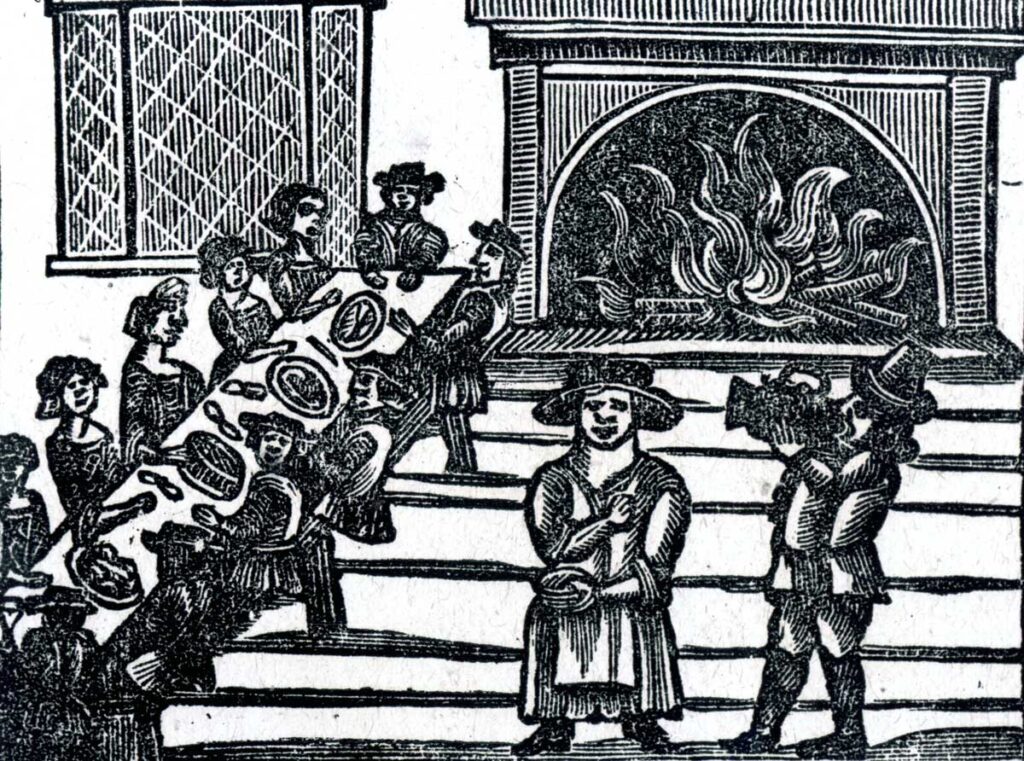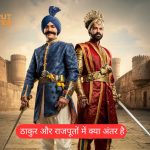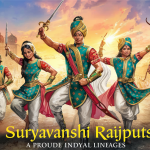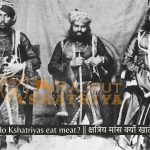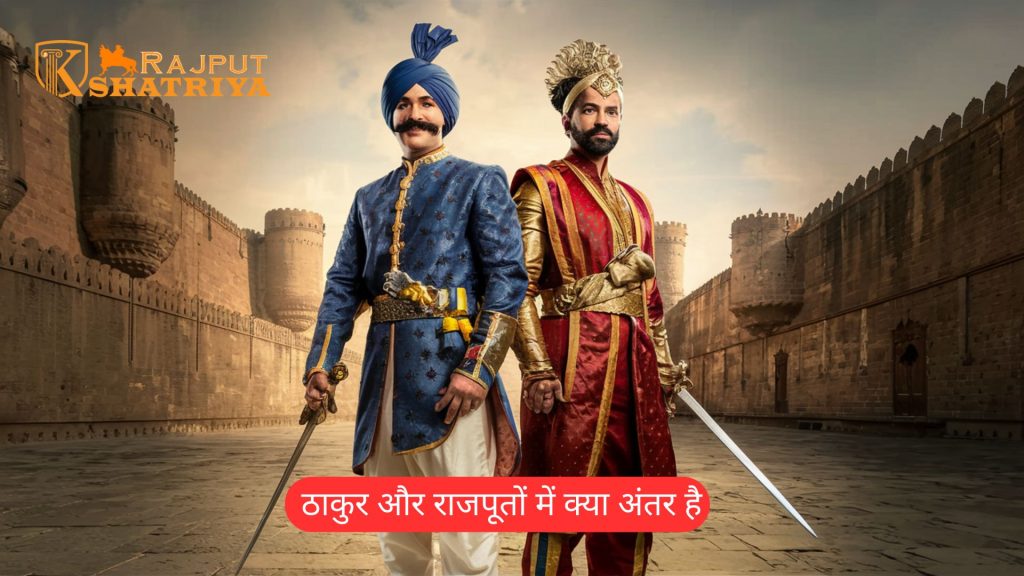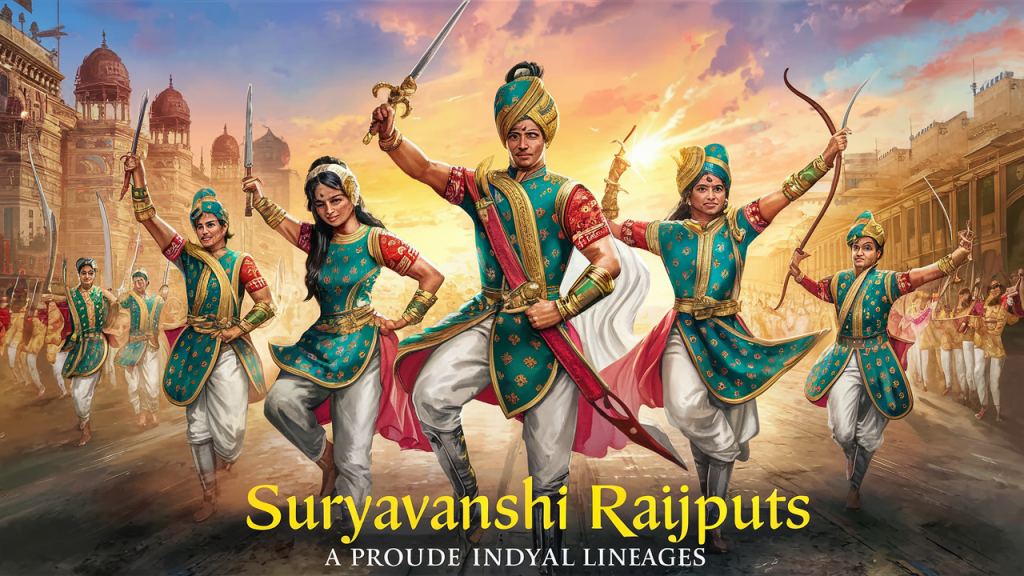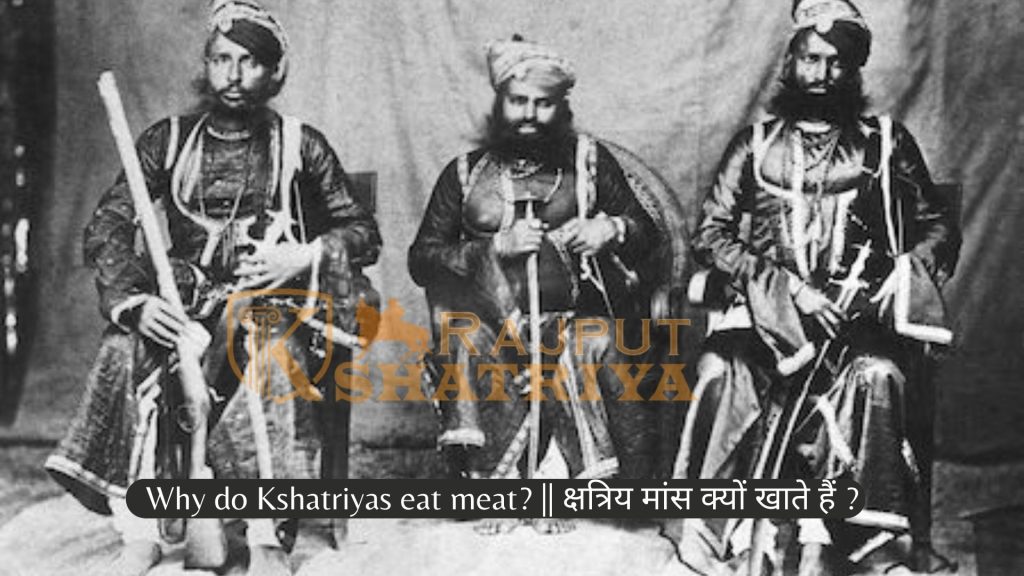[ad_1]
In Tudor England, the festive season was a tale of contrasts. It began with a period of spiritual preparation for the coming of Christ. Its name, Advent, comes from the Latin, advenir, come towards It was the season of fasting, which meant fish, soups and stews instead of roast beef and pies. Christmas Eve was strictly without meat, cheese or eggs. As the hunger grew, so did the enthusiasm, as it was on Christmas Eve that people decorated their homes and churches for the coming feast. John Stow recalls ‘every man’s house’ in the early 16th century, decorated with holly and ivy, while candles pierced the darkness of winter.
The fast was broken with the Christ Mass on the morning of Christmas Day, but 25 December was only the first of 12 days of merriment and feasting that lasted until Epiphany on 6 January. We don’t need the impromptu ‘Betwixmas’: these were the Twelve Days of Christmas.
Christmas meant swans and swans. A boar’s head was the first dish to be served; Wynkyn de Worde, in his 1521 collection, includes a carol sung at the entrance of the Boar’s Head. ‘Bhoj’ was followed by a round of sweets. Brigitte Webster notes that Twelve Days’ favorites were marzipan – a baked marzipan made from almond paste and rosewater, glazed with icing sugar – and macaroons.
The Christmas Day feast was large, but the New Year’s Eve and Twelfth Night feasts were larger still, and the largest was New Year’s Day. In 1598, the gentry family of Percival and Bridget Willoughby purchased three pieces of meat, 18 pieces of beef, three mutton carcasses, half veal, half pork (a small pig), a pig, four geese, four hatchets, 16 shanks ( rabbit) served) and half of venison – about as much meat as would normally be eaten in a week.
The local zamindar was expected to provide hospitality to his tenants and all were ordered to open their homes to the poor. The Paget family invited 100 of their tenants to a feast on Holy Innocents’ Day – 28 December – 1579, and another 100 or so ‘forbidden’ people were also fed.
Twelve Days marked the long winter break from work. performance time. During Henry VIII’s first Christmas as king, the children in the chapel sang the ‘Gloria in excelsis’; The Players performed three times in the Great Hall, including Twelfth Night; and on New Year’s Day two sets of trumpeters, minstrels and a blind poet, Bernard André, were paid. Noble and religious houses followed suit, while parishes paid players or put on their own shows.
An important Christmas entertainment was the temporal government of the Lord of Misrule. At the royal court, in noble houses, the Inns of Court and university colleges, Misrul presided, mocked and turned the world upside down. He even had a gibbet for mock executions. Similarly, in cathedrals and churches, choir boys were ‘ordained’ as bishops. Such inversion of norms was funny and necessary. In 1444 some clerics defended the tradition:
We do these things in jest, and not seriously, as is the ancient custom, so that once a year the innate folly in us may come out and evaporate. Do not wine skins and casks often burst if the vent is not opened from time to time? We are also old barrels.
New Year was the time for gift giving. Felicity Heil has shown that gifts given to one’s servants or lords were a way of showing respect to the social hierarchy. We have little evidence whether common people gave each other anything: Erasmus suggests that, at most, there were practical gifts such as knives and handkerchiefs, but hospitality was the main gift among non-aristocrats. .
The season ended with Plow Monday – the first Monday after Epiphany and the formal start of the plowing season. Labor resumed, spirits were renewed by hospitality, charity and indulgence followed by refusal. Looks like we’re missing only the latter.
Susanna Lipscomb is the author of The Voice of Nemes: Women, Sex and Marriage in Early Modern Languedoc (Oxford University Press, 2019), host of not just tudor podcast and Professor Emerita at the University of Roehampton.


